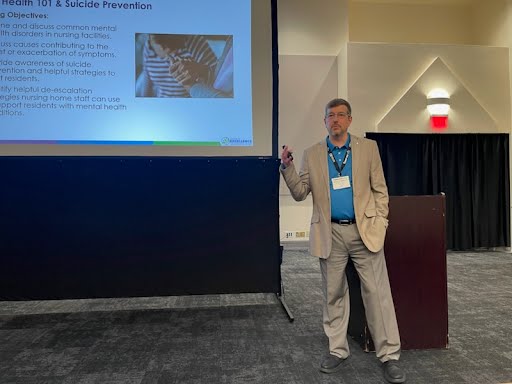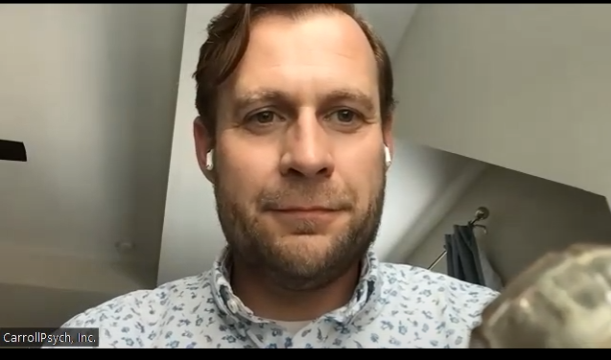As the world emerges from lockdown, it seems that many workers are just not willing to return to their former jobs, which leaves me inclined to say many Americans are done with being mistreated at work. This is especially true in the service industry which people deserted in droves when their workplaces were closed. Now, they are seeking new industries, not wanting to return to dealing with irate customers and unsupportive management. If, as I do, you see leadership through the lens of a servant then it’s clear that those leaders do not share our view, but rather hold their employees in contempt.
Most companies will say, “Our employees are our most valuable resource”. But have you met many employees who feel that way, who believe their bosses really care about them and their success as employees and individuals? That seems to be the rare exception. I know of a health care system that receives high marks in surveys for being “one of the top 100 places to work” year after year. Yet, I have never met a single line employee in that organization who likes that employer. Trying to get them to say anything positive about their experience is a fool’s errand. Of course, we all know how it works. The health care system gets the “right” people to vote and those polls become a marketing device, just as much fiction as any other advertisement.
What is going on? Two years ago as part of my series on Hiring with Purpose I asked the question: When did “Ghosting” Applicants Become Acceptable? At the time, that was the only issue on which I was focused, but I now think this is a symptom of a greater problem. It is time to face the reality that many, if not most, companies treat their employees like disposable commodities. Clearly, with “ghosting” as acceptable, this starts with the hiring process. Poorly trained managers use “metrics” to manage their employees and are themselves measured on their targets. With customer service (better get all 5s on that survey) metrics being tied directly to pay and annual reviews, employees are not supported even when the customer is in the wrong. Workplace cultures are focused not on the teams working together, but just how well they hit targets. Each employee is just a cog in the greater machine, to be measured on a dashboard someplace higher up. Human Resources exists to manage a resource, not to support the humans working there.
What can be done? I do not have a grand answer to fix this issue. There have been employers who have abused their workers since the dawn of civilization. There used to be revolutions against the nobles when it got too bad. With industrialization came unions. Unions are in decline as their leaders and their six figure salaries have more in common with the interests of the management than looking out for line workers as they once did.
All of that is bleak picture, so it is fair to ask, what can each of us as leaders do? How about looking in the mirror and asking ourselves: Do I see and treat employees as people or components? I may not be able to make changes across the company. I might not even be able to shelter my staff from mistreatment by people higher than me. But what I can do is make sure that in my interactions I truly treat employees as my most valuable resource.
If enough of us do this, we can change the world one interaction at a time.
Bryan G. Stephens is a former executive on a mission to transform the workplace. He is the founder and CEO of TalkForward, a consulting and training company, utilizing Bryan’s clinical and management expertise to develop managers and teams in a corporate environment. As a licensed therapist with strong understanding of developing human potential, he is dedicated to the development of Human Capital to meet the needs of leaders, managers, and employees in the 21st Century workplace.
Bryan has an Executive MBA from Kennesaw State University, Coles School of Business, and both a Master’s and Bachelor’s degree in Psychology.






